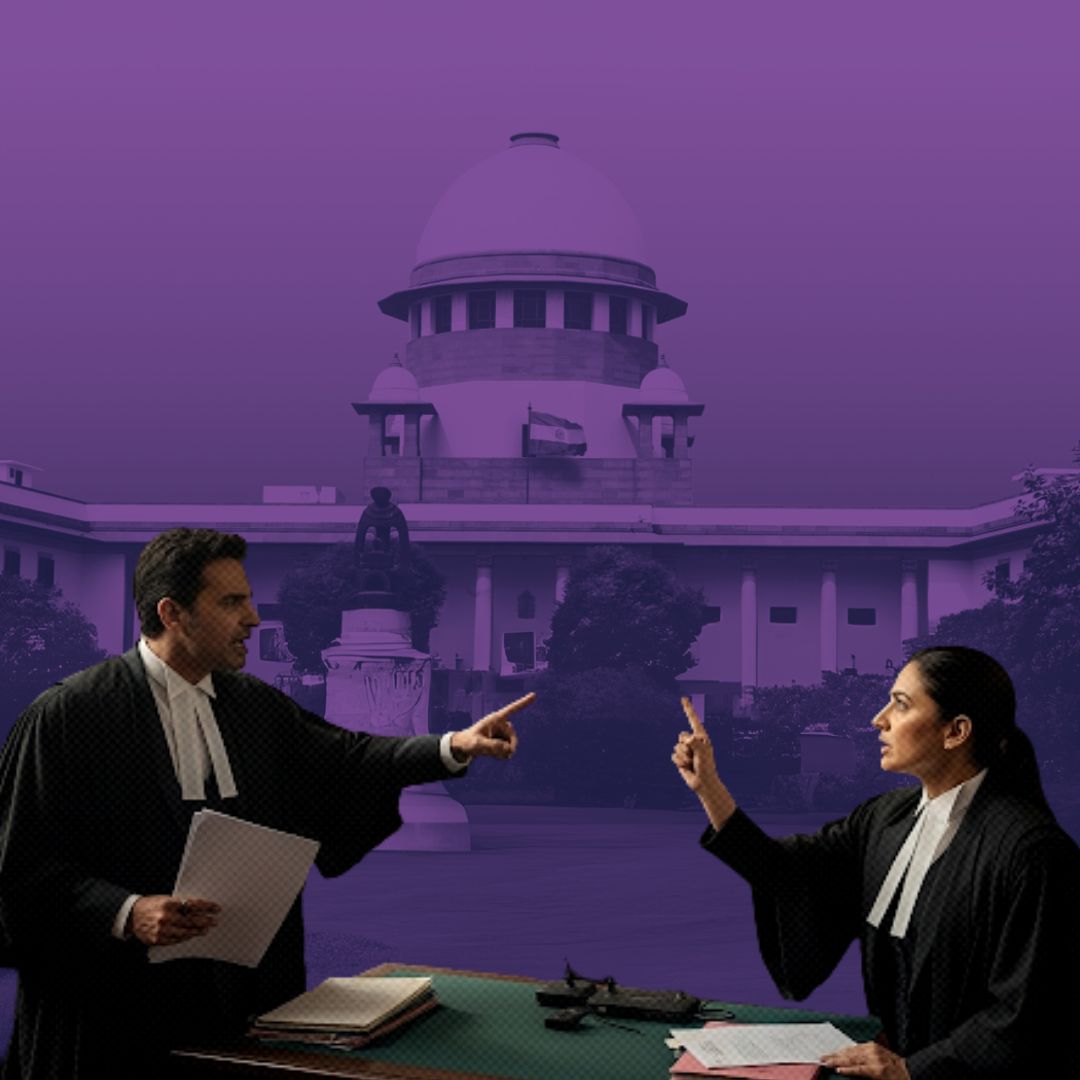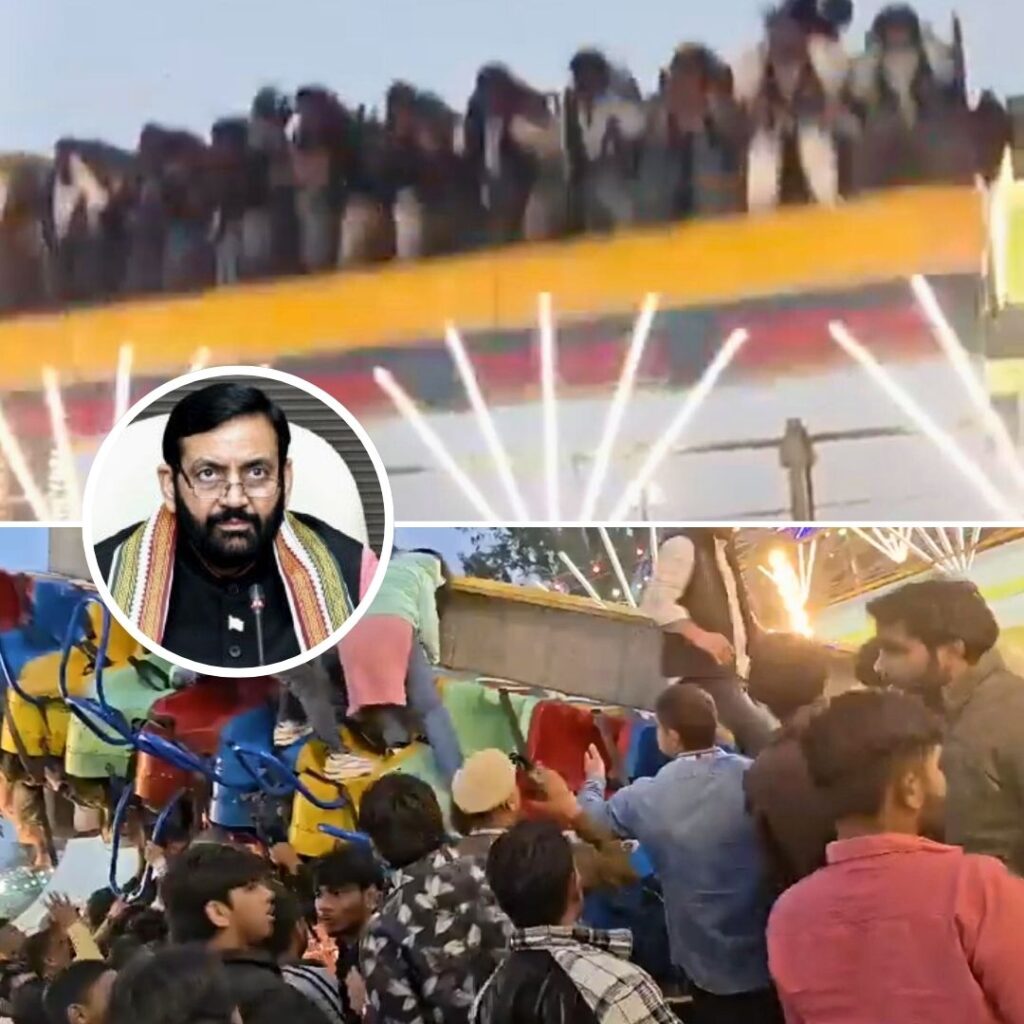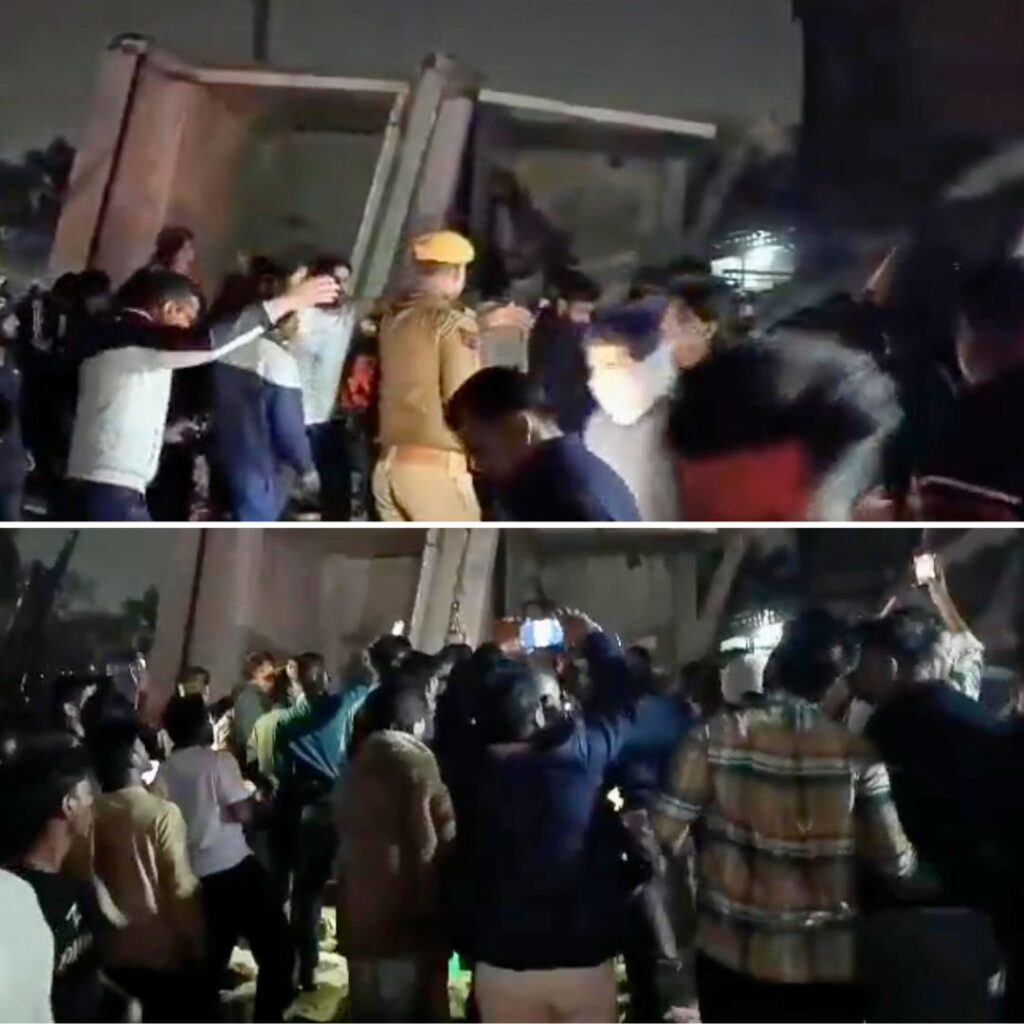The Supreme Court of India is scheduled to hear a plea challenging the Karnataka High Court’s recent decision to lift a media gag order related to the Dharmasthala mass burials case.
The petition filed by Harshendra Kumar D, Secretary of the Dharmasthala Temple Institution, seeks urgent reinstatement of media restrictions citing concerns over defamatory coverage and the integrity of the ongoing investigation.
The Karnataka High Court struck down a lower court’s gag order citing press freedom and the public’s right to know, allowing media and social platforms to report on the allegations.
The case involves allegations by a former sanitation worker claiming forced secret burials of numerous bodies, mostly women and minors, at the temple between 1995 and 2014, sparking a wide-ranging investigation and public debate.
Background and Investigation Details
The allegations emerged in mid-2025 when a former sanitation worker came forward claiming he was coerced over nearly two decades to bury over 100 bodies on temple premises, many bearing evidence of sexual violence. His revelations prompted police action and formation of a Special Investigation Team (SIT) to probe the claims.
Excavations at thirteen alleged burial spots have so far uncovered some skeletal remains at a few sites, but no conclusive proof at most others. The investigation remains ongoing, accompanied by protests and political controversy dating back decades related to violence and possible institutional suppression at Dharmasthala.
The complainant has been under police protection, while local activists and families seek transparency and justice.
Legal Battle Over Media Gag Order
Initially, a civil court issued a gag order forbidding media outlets and social media platforms from reporting on the case, citing concerns over defamatory content and protecting the reputation of the temple authorities. The order resulted in suppression of more than 8,800 alleged defamatory links across YouTube, Facebook, Instagram, and news articles.
However, the Karnataka High Court struck down this gag order, holding it to be unconstitutional and a violation of journalistic freedom and the public’s right to information. This ruling was a crucial affirmation for media freedom, allowing channels like Kudla Rampage and others to resume coverage.
The High Court directed the matter be reconsidered with respect to natural justice principles and transparency. The temple administration later sought to reinstate the injunction, but the trial court refused to extend it following the High Court’s decision.
The Logical Indian’s Perspective
This unfolding saga rests on the fine balance between protecting freedom of the press and safeguarding individuals and institutions from unfounded defamation. The Logical Indian champions transparent, compassionate journalism that respects the dignity of all parties and the sensitivity of the case.
Free access to information is vital for social justice, yet it must be exercised with responsibility, empathy, and due process. As legal proceedings continue with intense public scrutiny, it is essential to reflect on how society can uphold the right to information while ensuring fairness and protection of human dignity.











